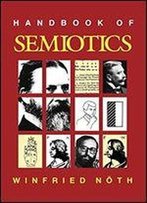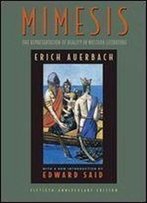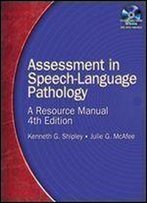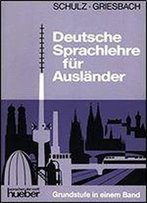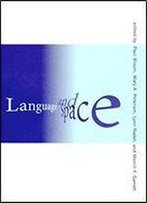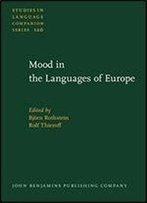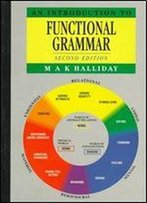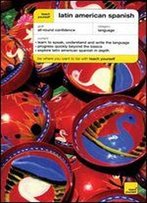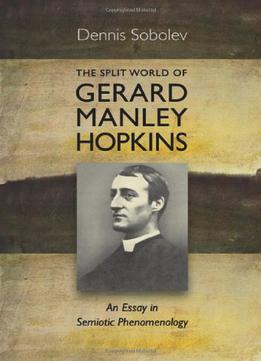
The Split World Of Gerard Manley Hopkins: An Essay In Semiotic Phenomenology
by Dennis Sobolev /
2011 / English / PDF
2.4 MB Download
For the first time in almost half a century, the world of Hopkins is examined as an indivisible whole. The Split World of Gerard Manley Hopkins is a synthetic study of Hopkins's writings, written within a framework of semiotic phenomenology. It analyzes the general configuration of meanings found in Hopkins's writings as an oeuvre, including their theological, as well as existential, aspects. With an eye on this general structure, the book addresses (and reassesses) all of the central issues of Hopkins's poetry: from ontological questions and theological complexities to the representation of existence in its facticity and the orders of desire. The problems of poetic forms and techniques are analyzed in detail in all those cases when they become relevant to the questions of poetic meaning. After explaining the book's theoretical approach in the introduction, chapter 1 addresses Hopkins's representation of ontological problems in their relation to aesthetic contemplation, on the one hand, and mystical experience, on the other. In addition, it analyzes the diverse semiotic – both allegorical and typological – structures of Hopkins's poetic universe. Chapter 2 discusses his representation of the supposedly universal aspects of human existence: from mortality to sexual desire. Chapter 3 examines Hopkins's representation of 'being in culture': the subversive use of political discourse, his struggle with the anxiety of poetic influence, and the images of metaphysical indeterminacy. Finally, chapter 4 focuses on poetic strategies that create a discontinuity between the theological and the existential realms, or between the poetic and scholastic modalities of discourse. The conclusion exemplifies the possibilities of synthetic readings of his poems, which are carried out with close attention to all the elements discussed previously. These readings highlight the complexity of Hopkins's texts, the counterplay of different semantic elements, their complex and ambivalent philosophical statements, and their exceptional artistic virtuosity. ABOUT THE AUTHOR: Dennis Sobolev, literary scholar and writer, is associate professor of comparative literature at the University of Haifa. He is the author of six books and fifty essays on literature and culture, published in eight countries. Among his publications are Jerusalem, which was shortlisted for the 2006 Russian Booker Prize, and The Concepts Used to Analyze 'Culture.' Additionally he has published An Anthology of Israeli Poetry. PRAISE FOR THE BOOK: "The Split World of Gerard Manley Hopkins is a brilliant new reading of Hopkins's work. This distinguished book uses a highly original methodology to investigate the way Hopkins's poems are split between their theological and existential registers. The heart of this book is the admirably detailed analysis of irreconcilable verbal complexities in Hopkins's poems and prose. This occurs in the light of comprehensive references to previous critics' work."–J. Hillis Miller, Distinguished Research Professor of English and Comparative Literature, University of California at Irvine "A fascinating, in-depth reading of Hopkins's multi-layered vision of the world and its imagined possibilities. Sobolev's careful philosophical and theological meditation adds to the available stock of reality we now possess of one of the most original and profound voices of the past 100 years."–Paul Mariani, Professor of English, Boston College "Brilliantly supported by theory, Dennis Sobolev's thought-provoking analysis of Hopkins's 'split world' illuminates the still-unresolved tension in the poet's language between intellect and existence. The creative effects of this tension are skillfully illustrated by Sobolev, whose work avails the reader an exciting intellectual experience."–Mariaconcetta Costantini, Associate Professor of English Literature, G
